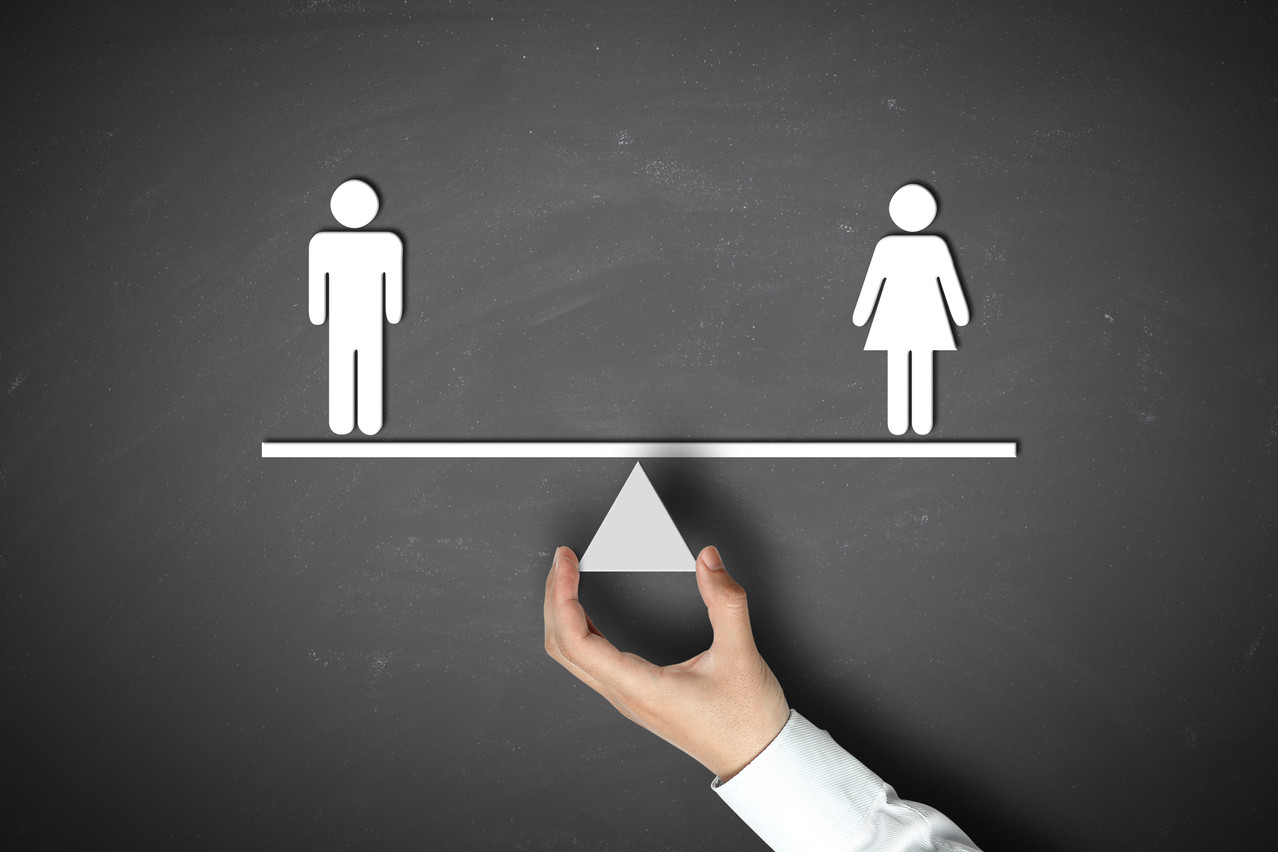In the “Women, Business and the Law: A Decade of Reform” index released by the global group, Luxembourg scored 100, as did its neighbours France and Belgium, plus Denmark, Latvia and Sweden.
The index reviews eight indicators: going places, starting a job, getting paid, getting married, having children, running a business, managing assets and getting a pension.
According to the index, none of the economies received a perfect score just a decade ago, meaning each has seen reforms during that timespan.
Case in point: Luxembourg ranked at 94.38 from 2009-2011, rising slightly to 96.88 in 2012-2013, until it finally secured 100 as of 2014. This, in part, was due to reforms in paid paternity leave and laws prohibiting the discrimination by creditors on the basis of gender.
Of the six economies to receive top scores, France underwent the biggest change--from 91.88 to 100 over one decade--mainly due to a new domestic violence law, paid parental leave, plus the introduction of criminal penalties for sexual harassment in the workplace.
In fact, since the index began, there have been over 270 reforms in laws and regulations linked to gender equality, across 131 economies.
Nevertheless, reforms are only one part of the equation. “We know that achieving gender equality requires more than just changes to laws,” Kristalina Georgieva, World Bank Group interim president, wrote in the study. “The laws need to be meaningfully implemented--and this requires sustained political will, leadership from women and men across societies, and changes to ingrained cultural norms and attitudes.”
